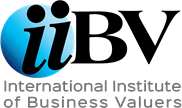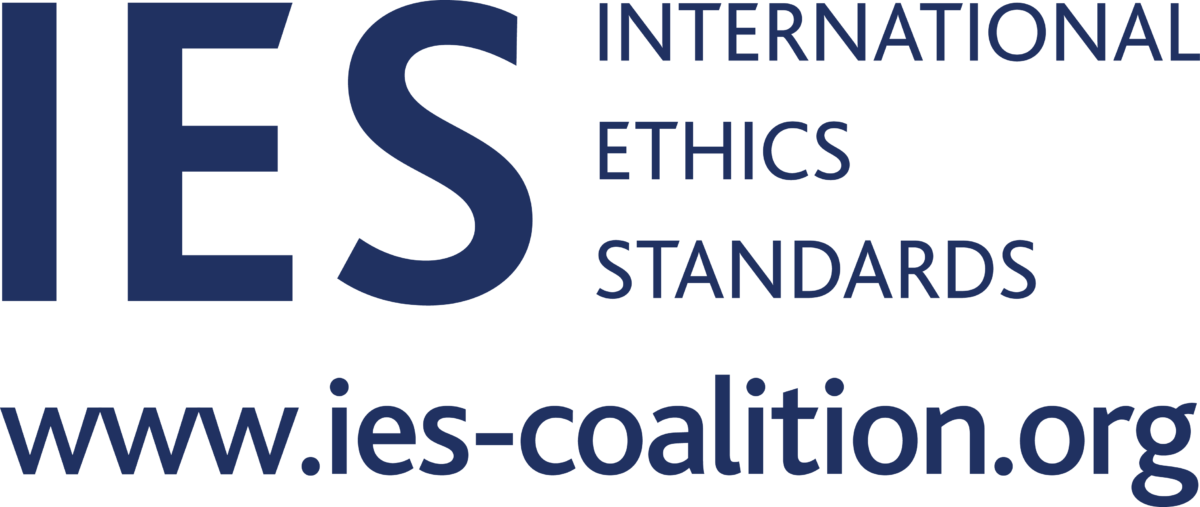United Nations-Formed International Ethics Standards Coalition
An iiBV Talk With Deputy Chair Tony Grant
1. What is the International Ethics Standards Coalition?
The Coalition consists of a group of non-profit organizations from all regions of the world. They have voluntarily come together to develop and implement global standards of ethics for the Land, Property, Construction, Infrastructure and related professions. All of the appraisal disciplines are, of course, an essential part of that sector.
The logic behind the establishment of the Coalition is that for the last quarter century, we have been operating in a global market. Yet there are no universally recognized standards of ethical conduct. Consequently, there exists a lack of consistency and, in some countries, a lack of integrity, which affects confidence and trust. The need is for the entire industry to speak with one voice by making a declaration of consistent standards. The Coalition’s goal is for property practitioners to work in an ethically harmonious way, regardless of where they are located and the nature of their practice.
The Coalition was formed at the United Nations in New York in October 2014. There were 18 founding members. The importance of ethics in today’s global market is demonstrated by the fact that only 16 months later we have 64 members, representing leading professional practitioners in all aspects of property.
I should emphasize that the Coalition does not aim to be a regulatory body. It will never seek to intervene between its member organizations and their corporate or individual members. The Coalition is governed by a Board of Trustees. Each member has an equal voice and appoints one Trustee and one Alternate. Decisions are made by a majority vote.
2. Why is ethics education important to the future of global business valuation profession?
There can be little doubt that “Business Ethics” has become a topic of major importance over the last decade. Recent scandals among giant corporations have attracted wide attention in all corners of the globe.
Not surprisingly, there exists a substantial body of evidence to suggest that transparency and ethical conduct are becoming increasingly important for business everywhere. Responsibility to the wider community is regarded as not only a matter of integrity, but a key to long term commercial success. It is clear, therefore, that ethics education is vital for the future of the valuation profession both in courses for initial qualification and on a continuing basis throughout one’s professional career.
3. In your opinion, can business valuation professionals meet their responsibilities to shareholders, customers, employees and society as a whole, all at the same time?
Most definitely. A growing number of business leaders are convinced that adopting a genuine corporate integrity, to the benefit of customers, shareholders and employees, is the way forward and is not in conflict with profitability and asset value.
For shareholders, the long-term value of a business is dependent, to a substantial extent, upon its brand being associated with good corporate behaviour. Any suggestion that valuations are inaccurate to the point of being false will, in the long run, damage the financial and investment sectors as well as the reputation of the appraisal profession itself.
Customers of business valuation professionals often take the roles of buyers, sellers and borrowers at different times. Appraisals can be required in all three situations. Once again, the true interests of those customers are best served by practitioners being honest and competent in every aspect of their work.
The responsibility of business appraisers to their employees, and to society as a whole, is consistent with these considerations. A high standard of education, a good reputation for competence and integrity and adherence to ethical principles are advantageous to employees.
Today’s informed public is paying more attention to the objective of “honourable business” operating in a “just society”. The valuation profession can make a significant contribution to the realization of that vision.
4. Do you believe there is an inherent relationship between a successful business valuation practice and ethical conduct?
Certainly.
Trust is the foundation for any successful relationship between a professional practice and its clients. As set out in the Consultation Draft of the new International Ethics Standards, ethical conduct requires practitioners to observe standards that include integrity, responsibility, respect, transparency and competence. Those are, of course, the very qualities that inspire trust.
It is no exaggeration to say that ethics in property are not just about doing the right thing. They attract customers. They motivate staff. And they encourage investors who need to know that their financial affairs will be conducted in a morally acceptable way.
That is why the work of the new International Ethics Standards Coalition is so important. All of us, directly or indirectly, now operate in a global market economy. It is essential to have global standards to guide us, and to enable our commitment to good professional conduct to be recognized everywhere.
5. In terms of ethics, how should we shape the next generation of business valuation professionals. Is ethics education part of this process? Can good ethics be communicated in a classroom format?
I am not an expert in the field of modern educational techniques, but it seems to me that a range of formats is needed. Certainly, classroom instruction should be a major part, but on-line courses about “ethical conduct” linked to every aspect of training are just as important. Above all, we should aspire to further develop the culture of integrity and competence that already exists in the valuation profession.
In conclusion, ethics education must be a significant part of shaping the next generation. Indeed, it is unfair to provide young professionals with the technical tools of valuation without providing the moral compass that society rightly demands.
Click here for more information on the IES Coalition.


